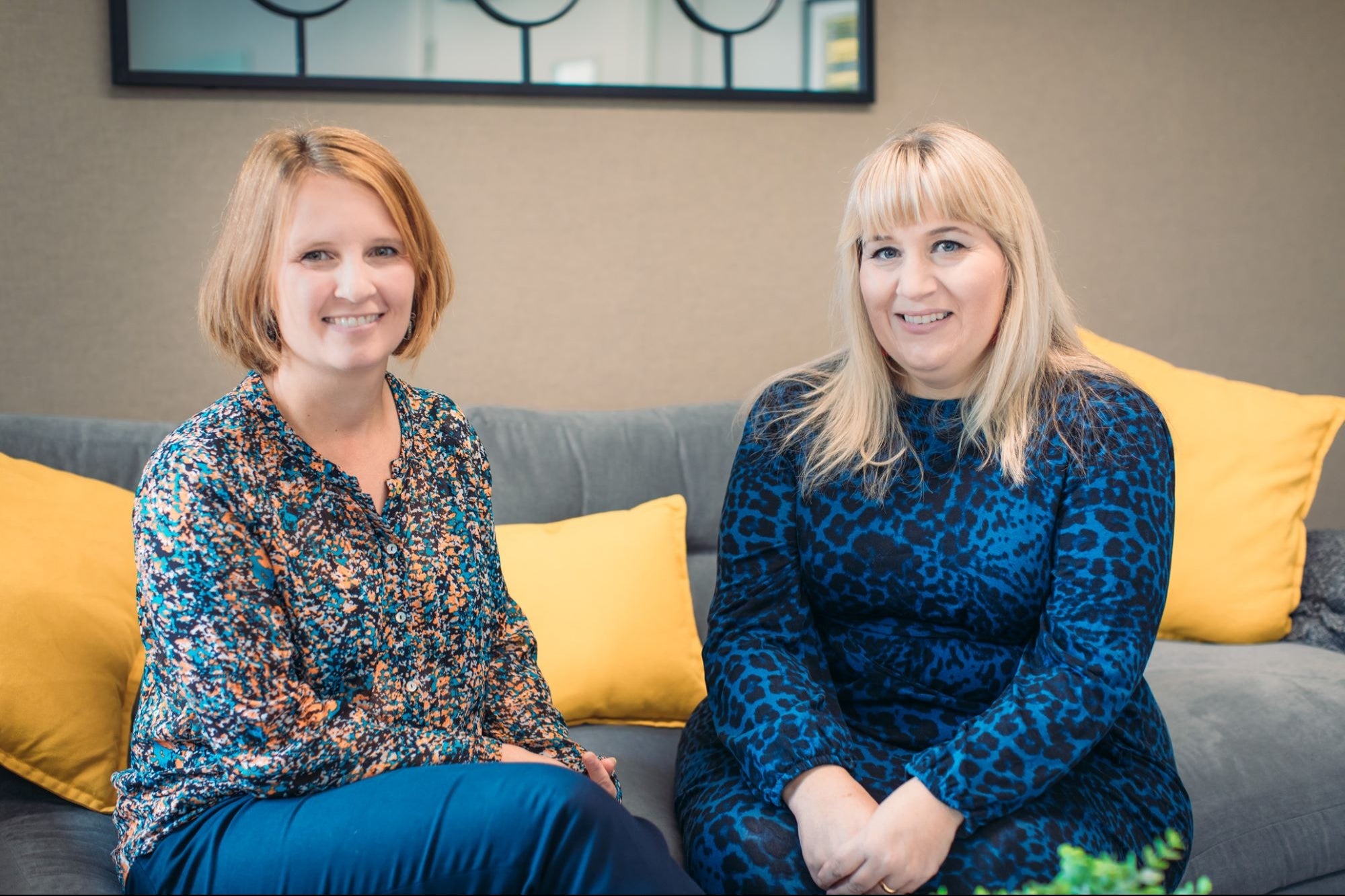Breaking Barriers: How Neurodiversity Unravelled is Redefining Support for Individuals and Families Co-founders Louise Lawrence and Dr. Rebecca Varrall share how they're reshaping neurodiversity services with a strengths-based, neuro-inclusive approach, empowering individuals and families.
Opinions expressed by Entrepreneur contributors are their own.
You're reading Entrepreneur United Kingdom, an international franchise of Entrepreneur Media.

In this Entrepreneur UK interview, Louise Lawrence and Dr. Rebecca Varrall, co-founders of Neurodiversity Unravelled, discuss the inspiration behind their business, the challenges they faced, and how they're innovating to provide more accessible and empowering support for neurodivergent individuals and families.
What Inspired You to Start Your Business?
The inspiration behind Neurodiversity Unravelled came from a deep desire to revolutionise the way support is provided to neurodivergent individuals and their families. Working in traditional services we found that many operated within a deficits-based model, focusing solely on challenges rather than strengths. Our vision was to build a multidisciplinary team that delivers a person-led, flexible service, adapting as individuals' needs evolve over time. By fostering a strengths-based, neuro-inclusive approach, we aim to empower individuals rather than pathologise them.
What Was the Biggest Challenge You Faced in the Early Stages?
Like many entrepreneurs, wearing multiple hats in the early days was one of the biggest challenges. From clinical work to marketing, appointment management, and handling accounts, it was a steep learning curve. Juggling these responsibilities while maintaining high-quality service delivery required resilience, adaptability, and a strong commitment to our mission.
Related: How ADHD Shaped Alex Partridge's Entrepreneurial Journey
How Has the UK's Economic Environment Impacted Your Business Decisions?
Post-pandemic, the demand for neurodiversity-related services shot up, (including autism and ADHD assessments, therapy and support) leading to long waiting lists within the NHS. At the same time, economic fluctuations affected families' spending capacity, requiring us to be flexible in our pricing structures and service offerings. A significant change recently has been the shift in private insurance policies—many now cover neurodevelopmental assessments for autism and ADHD, which they previously did not. This has opened new opportunities for service accessibility and growth.
How Do You Stay Ahead of Industry Trends and Innovate Within Your Field?
Staying at the forefront of neurodiversity services means continually engaging with the latest research, clinical advancements, and industry developments. We maintain active membership in special interest groups, participate in online forums, and invest in ongoing training. By fostering a culture of continuous learning and collaboration, we ensure our team remains at the cutting edge of best practices.
What Steps Do You Take to Build a Strong Company Culture?
We are a very small company we are building thriving, our company culture is built on communication, feedback, and adaptability. We actively seek input from staff and clients, using their insights to refine our services and improve the client experience. By fostering an inclusive, supportive work environment, we empower our team to provide the highest level of care while ensuring their own well-being.
What Advice Would You Give to Someone Thinking About Starting a Business in the UK Today?
1. Know Your Niche: Specialisation is key—identify a specific need within your industry and tailor your services accordingly.
2. Seek Professional Support: Building efficient systems and processes early on will save time and effort as you scale.
3. Be Patient: Growth takes time. Invest in your vision, remain adaptable, and trust the process.
Starting a business in the UK comes with its challenges, but with passion, perseverance, and a commitment to innovation, success is within reach.
Related: Wired for Inclusion













